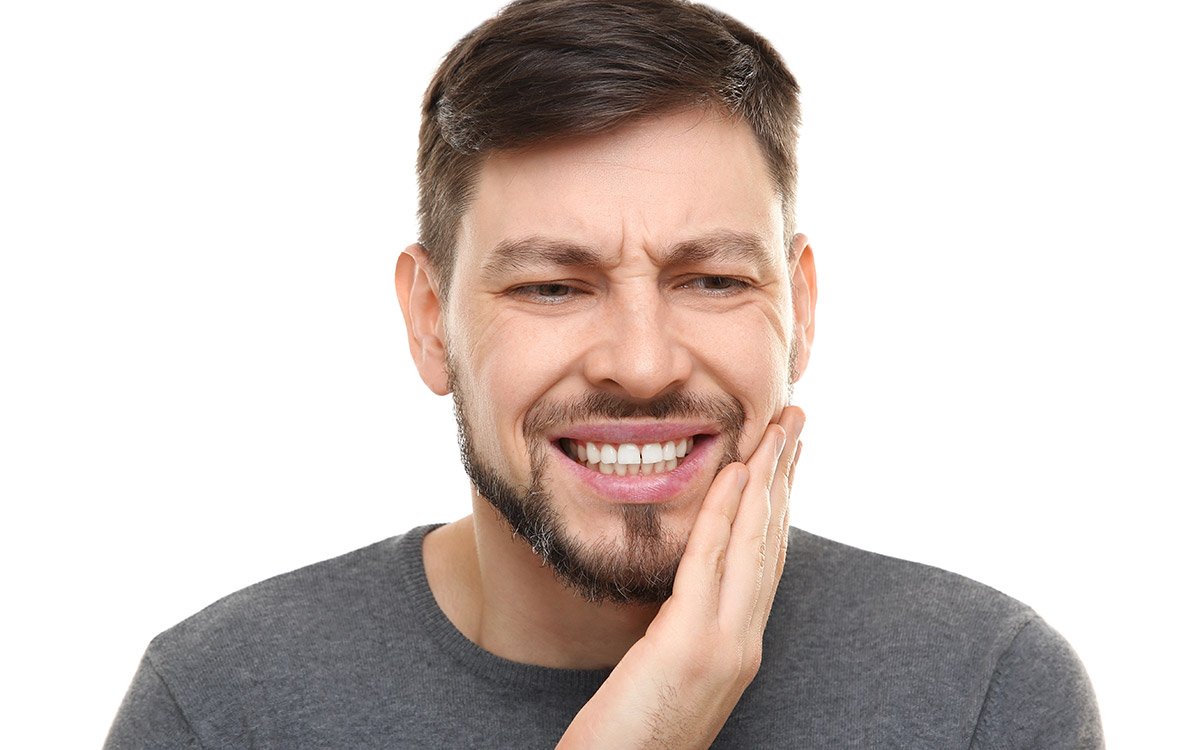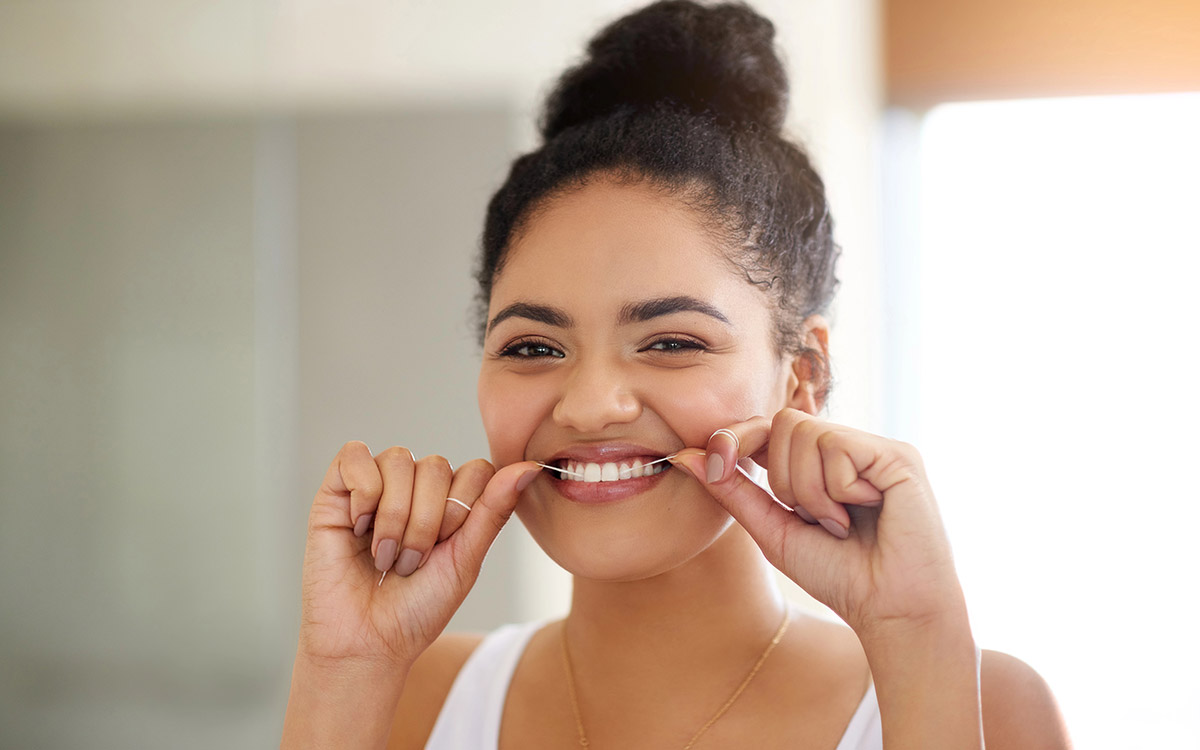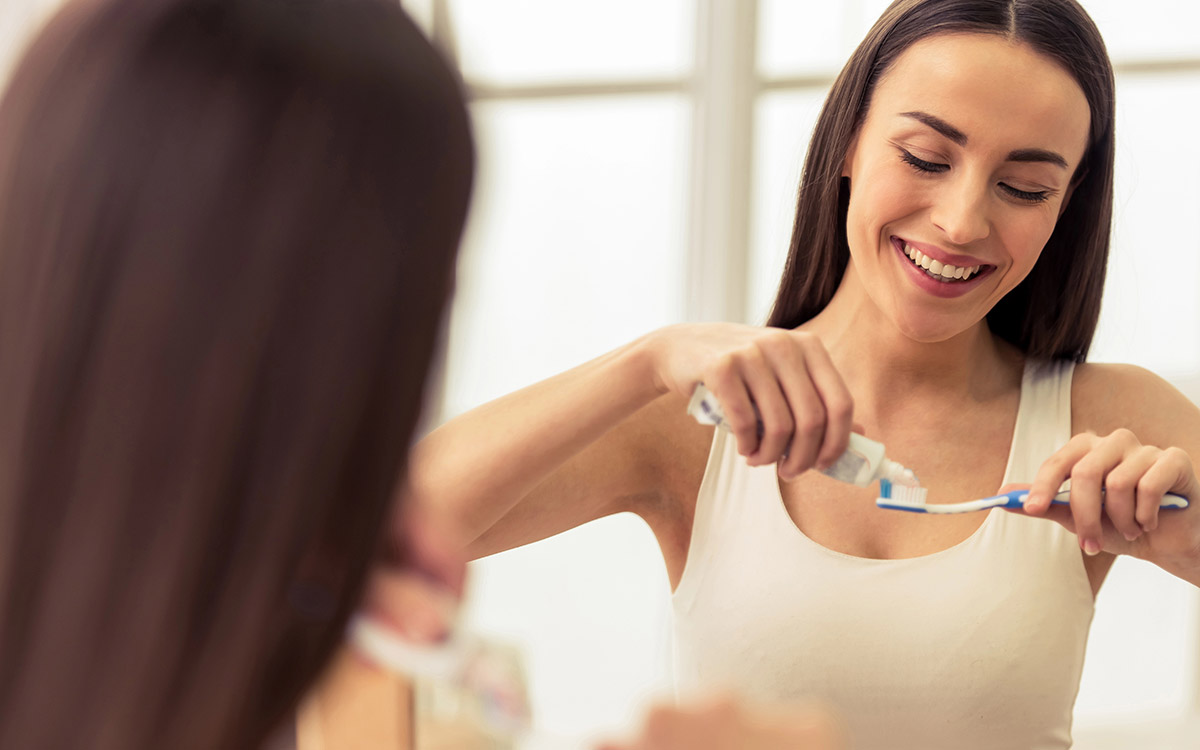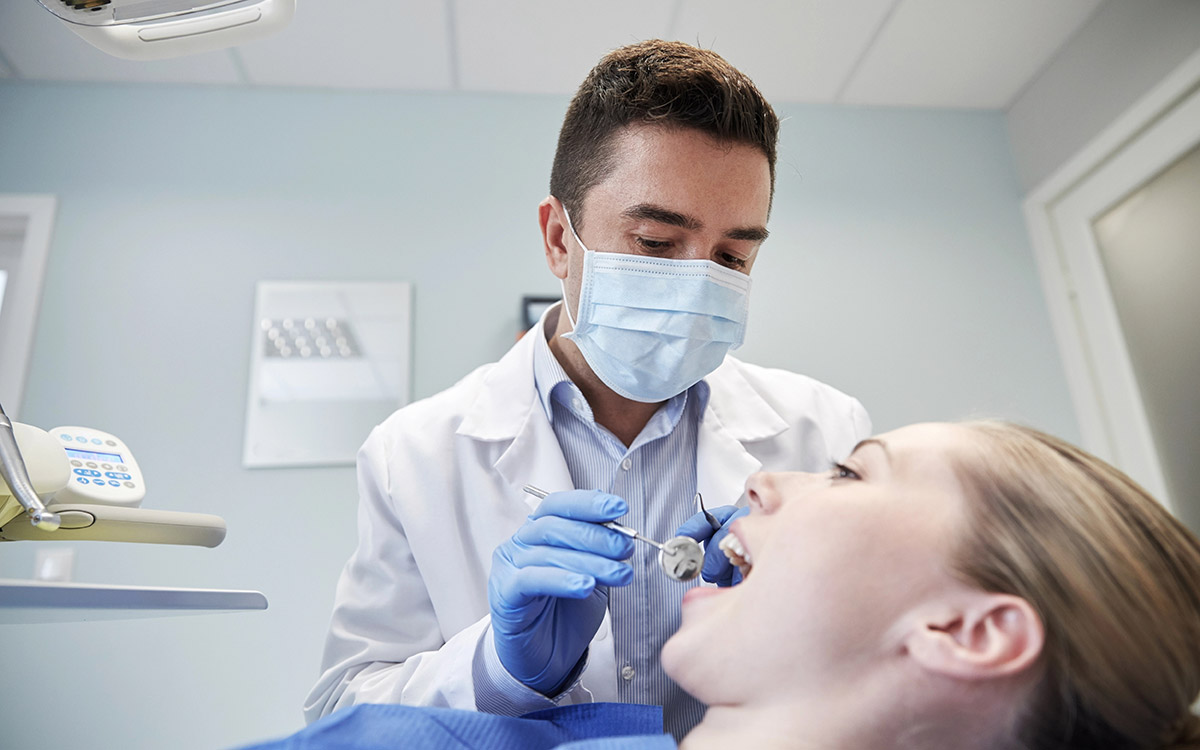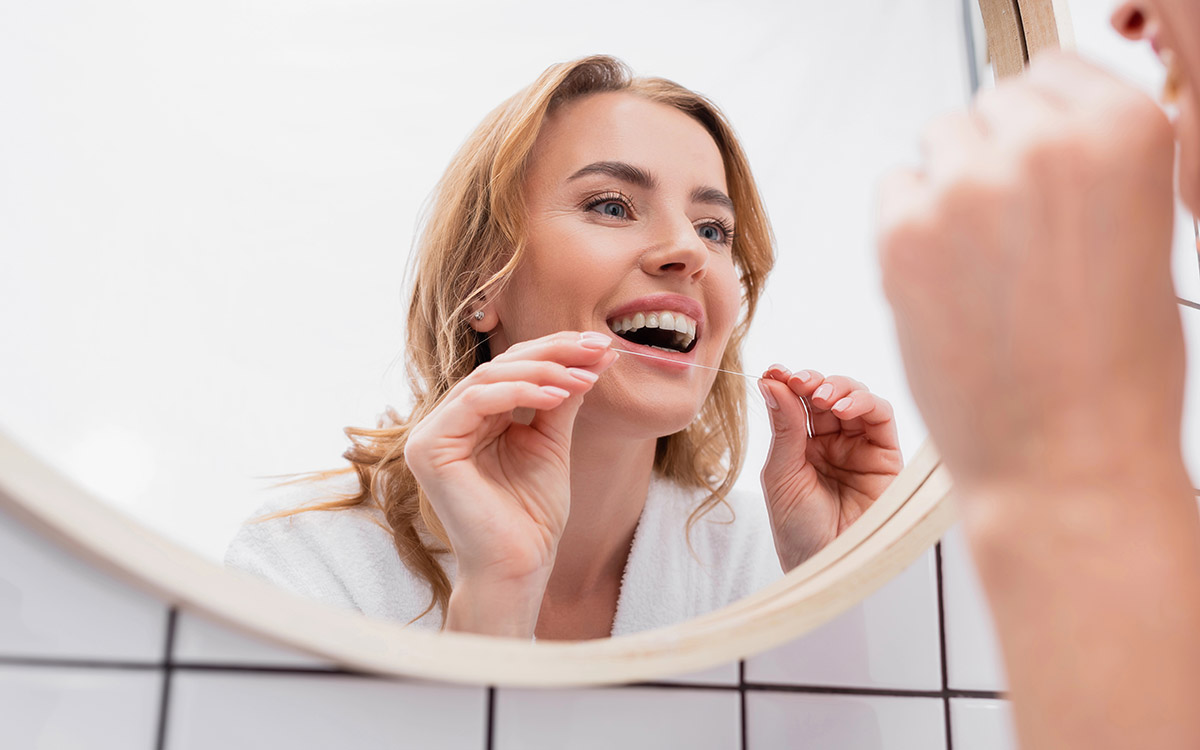You may choose to undergo teeth whitening for various reasons. It could be because of discoloration or to look great and boost your self-confidence. Discoloration, for instance, could be embarrassing when you want to smile wide and show off your teeth.
Causes of discoloration include smoking, consumption of acidic foods and drinks, dental issues such as cavities, poor oral hygiene, and a reaction with certain medications. Fortunately, discoloration could be a temporary problem—thanks to teeth whitening.
Nonetheless, there are certain dos and don’ts you should keep in mind. For instance, you need to seek professional advice before whitening your teeth and avoid eating and drinking foods that might stain your teeth. Plus, you should beware of the expiry date of your bleaching product lest you damage your teeth. Continue scrolling to find out more details about the dos and don’ts of teeth whitening.
The Don’ts
Don’t interfere with the prescription.
Going against your teeth whitening prescription could cause you damage. Follow your dentist’s instructions keenly to achieve better results. If you are to apply the treatment thrice per day, stick to that. A wrong prescription could result in severe discomfort and sensitivity for an extended period.
Don’t do it yourself.
Whitening your teeth at home might sound cheaper and convenient, but the side effects could be bad. There is a lot of advertising on social media on DIY teeth whitening. For instance, using baking soda, lemon juice, and whitening gels is not safe.
Most of these bleaching products are acidic and can damage your enamel and gums. Additionally, avoid over-the-counter prescriptions before consulting your dentist. After all, you wouldn’t want to jeopardize your oral health.
Don’t whiten frequently.
If you want to get perfect results when applying teeth whitening treatment, you may find yourself applying it too often. Well, this is more dangerous than you may think. Over-bleaching your teeth with products like peroxide could lead to hypersensitivity, gum irritation, darker teeth, or erosion of your enamel. Long-term effects include pain, cavities, and fracture. So as much as you want to have a dazzling smile, do not overdo it.
Don’t eat foods or take drinks that can discolor your teeth.
Consuming acidic foods before and after whitening could lead to discoloration of the teeth. They include acidic fruits like lemon, energy drinks, coffee, sodas, tea, red wine, tomato-based sauces, soy sauce, balsamic vinegar, sweets, and candy. These foods and beverages contain high acidic content that weakens and make your enamel porous, thus prone to discoloration and staining. Don’t mess with the process by staying clean.
Don’t keep whitening strips in sizzling temperatures
You may be wondering where the right place to store your teeth whitening strips is. Most recommendations from manufacturers suggest that you store them in a cool place. Exposing your strips to hot temperatures may deactivate the peroxide in them and make them ineffective.
Don’t whiten during pregnancy or when breastfeeding
During pregnancy stages, gum tissues become very sensitive due to an increase in blood flow. They become tender and may swell or bleed. Whitening agents may worsen the sensitivity. Although there is still not enough research to support the safety of teeth whitening for pregnant or breastfeeding mothers, you must take precautions.
The Do’s
Have a qualified professional whiten your teeth
Tooth whitening by a professional is the safest method for you compared to a DIY kit or over-the-counter prescription. Besides, it is fast, and the results are durable, convenient, affordable, and tailored to meet your needs. So stop relying on misinformation and consult a dentist.
Establish a nice oral hygiene routine before whitening
Before venturing into tooth whitening, it is essential that you first establish an oral hygiene routine. It may include brushing your teeth daily and flossing. You should brush twice a day after meals.
Additionally, schedule an appointment with your dentist for at least six months before whitening. It will help to detect any issues around your mouth that may sabotage your whitening treatment. For instance, your dentist may spot cavities which if exposed to bleaching agents, may cause pain.
Keep your dentist in the know about your dental history
You must inform your dentist about your medical and dental history. It will help the dentist to make informed decisions and prescribe the appropriate treatment. The dentist will also spot any dental issues such as tooth decay that may need treatment before bleaching.
The dentist’s work will be sufficient, and they will advise you on what you should do or not do. Be careful not to jump into teeth whitening before consulting with a dentist.
Keep an eye on the expiring date of your whitening product
Whereas most teeth whitening agents indicate an expiration date on them, some may not. Please get in touch with the manufacturer if you cannot find the expiration date. Also, most of these whitening agents are unsafe to use after one year.
Upon expiry, hydrogen peroxide, a significant ingredient in most bleaching agents, may change to water and oxygen. The latter might leak from the package leaving you with water only. Therefore, ensure you dispose of any whitening kit that is beyond the expiry date.
Apply touch-ups during your treatment
If you prefer keeping your teeth white for a long time, you should apply touch-ups in between treatments. Touch-ups involve using your whitening tray for a few days consistently.
Schedule an appointment with All About Smile Dental Group
If you have any questions about teeth whitening, don’t hesitate to contact All About Smile Dental Group. You will meet a caring team of qualified professionals that will offer you premium services. So schedule your appointment and smile!
Conclusion
Teeth whitening will help your smile with confidence. However, there are things you need to take note of to make the process successful and durable. As mentioned above, could you not do it yourself?
Instead, have a professional do it. Maintain oral hygiene through frequent brushing and flossing, avoid acidic foods and drinks that may stain your teeth, apply touch-ups, and dispose of your bleaching agent in case of expiry.


